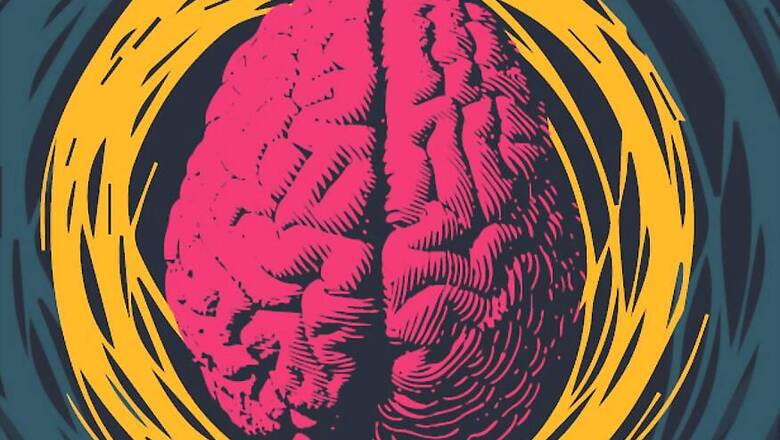
views
New Delhi: It is a growing health burden. It is a silent killer. There is a stigma attached to it, and there is little information about it. All this makes the prevalence of mental disorders in India a deadly malaise.
But one cannot look away from it now.
One out of every seven individuals in India suffers from a mental health disorder, a study by the Indian Council of Medical Research shows. These include depression, anxiety disorders, schizophrenia, bipolar disorders, idiopathic developmental intellectual disability, conduct disorders, and autism.
In 2017, 197 million Indians were suffering from mental disorders of whom 46 million had depression and 45 million had other anxiety disorders. Not just that, but the contribution of mental disorders to the total disease burden has doubled between 1990 and 2017, the study reveals.
“Mental illnesses contribute significantly to the burden of disease in India. There is an urgent need to strengthen mental health services, integrate these with general healthcare, and remove barriers such as stigma and access to treatment. It is time to act at all levels with all stakeholders to bring mental health at the forefront to reduce the burden” says Professor Rajesh Sagar, Professor, All India Institute of Medical Sciences and also the lead author of the paper.
Dr Sagar believes the findings of the study underscore the need to further strengthen mental health services and the support system required to deal with such issues.
According to Dr Hendrik J Bekedam, the WHO representative to India, the government’s ambitious health scheme can play a key role in the integration of mental health issues in the mainstream.
“With Ayushman Bharat as the core of India’s current health policies, the Health and Wellness Centers (HCW) component provides a great opportunity to bring prevention, detection and support closer to the people who need it” he said.
The study, after utilising all accessible relevant data from India over the past three decades, explores how mental disorders are the leading cause of non-fatal disease burden in India.
“The high rate of depression among older adults reported in this study is of concern which needs attention, and the significant association of suicide with depression emphasizes the need to identify and deal with depression through wider efforts in the community and in the health system,"says Professor Lalit Dandona, Director of the India State-Level Disease Burden Initiative and a senior author of this paper.
For Professor K Srinath Reddy, President, Public Health Foundation of India, the country’s distinct identity as a ‘caring society’, along with a competent health system will be the major determinants of how effectively mental health issues are prevented.
“The high burden of mental health disorders poses a public health challenge that calls for a concerted response. This prioritises prevention through reduction in stress and strife, social support in different settings, timely detection and predominantly community based care and access to competent medical care and drugs as needed,” he says.
The higher burden in children and adolescents in north Indian states is especially worrisome, Reddy added.
“The findings of this research demonstrate important differences between the states,” says Professor Balram Bhargav, Director, ICMR.
This, he explains, can be observed in the higher prevalence of mental disorders in southern states as compared to the north, which has recorded higher instances of childhood onset mental disorders.
“The insights provided by this study are important for titrating strategies for mental health improvement in each state. Given the significant contribution of mental disorders to the disease burden in India, further research should continue to track the changing trends of mental disorders in different parts of the country” he adds.



















Comments
0 comment